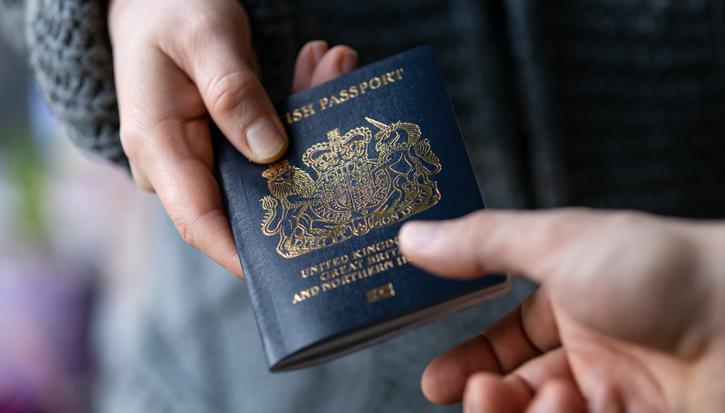Energy efficiency: Who pays and who benefits?
Article
Coming into force on 1 January 2013, ECO is a programme that will cost suppliers an estimated £1.3 billion a year. In what marks a radical change from previous supplier obligations, ECO will oblige suppliers to deliver high-cost energy efficiency improvements and improve households that are fuel-poor. Households that are not eligible for support through ECO will have the option of installing measures at no up-front cost through the Green Deal. Unlike the policies it replaces, it explicitly aims to address both carbon emissions and fuel poverty.
If government estimates are accurate then the cost of ECO will replace, roughly pound-for-pound, the costs created by the current policies, worth about £50 a year in the average annual household energy bill. However, analysis of previous policies suggests that the government's estimates could be much too low or too high, which means the cost to consumers could dip to £20 or soar to £116 a year.
There are also concerns that lack of capacity and resources at the local authority level could undermine the scheme's ability to reduce carbon emissions at the lowest cost possible, and that suppliers may find it difficult to identify and engage efficiently and accurately suitable fuel-poor households.
The report's recommendations include:
- An early review to consider which measures are eligible under ECO, including the possibility of extending the policy to include loft and cavity wall insulations.
- Government support for local authority involvement in the form of a £40 million investment in local authority staff and resources.
- Close monitoring of suppliers' progress towards achieving the fuel poverty target in ECO to identify whether this target is deliverable and cost-effective.
- A pilot of the 'Low-Cost, Low-Efficiency Area' (LILEA) approach to targeting resources at fuel-poor homes, which could be significantly more efficient and cost-effective than current methods.
- Suppliers should be required to submit detailed information on the costs of delivering their ECO obligations, which should be independently verified.
Related items

Mission-driven industrial relations: The case for fair pay agreements
How fair pay agreements could support the government’s mission-based approach by resolving labour market challenges.
Women in Scotland: the gendered impact of care on financial stability and well-being
Women in Scotland are far likelier than men to take on childcare and other caring responsibilities, which puts them at an economic disadvantage.
Citizenship: A race to the bottom?
The ability to move from temporary immigration status to settlement, and ultimately to citizenship, is the cornerstone of a fair and functional immigration system.